
Get the latest international news and world events from around the world.

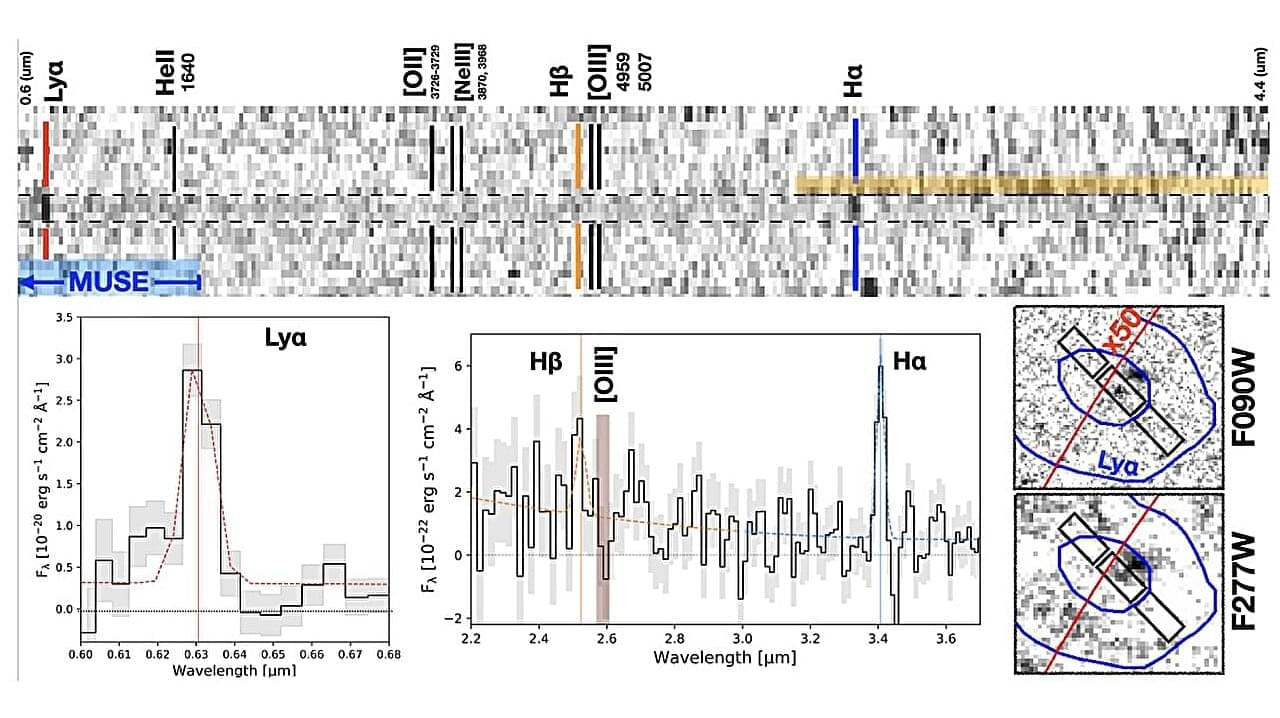
JWST observations discover a small star-forming complex
Using the James Webb Space Telescope (JWST), astronomers have detected what appears to be a faint and small star-forming complex. The discovery of the new complex, which received the designation LAP2, is detailed in a research paper published Sept. 8 on the arXiv preprint server.
The hypothetical Population III stars, composed almost entirely of primordial gas, are theorized to be the first stars to form after the Big Bang. Finding very low-metallicity, low-mass sources at high-redshifts could be crucial to investigating these stars, as they provide a rare glimpse of galaxies under conditions similar to those of the early universe. This could help us understand, for instance, how the first generations of stars enriched the cosmos with heavier elements.
Recently, a team of astronomers led by Eros Vanzella of the Astrophysics and Space Science Observatory of Bologna, Italy, inspected one such high-redshift, metal-poor and low-mass source. The source was identified behind the galaxy cluster Abell 2,744, which acts as a strong lens.
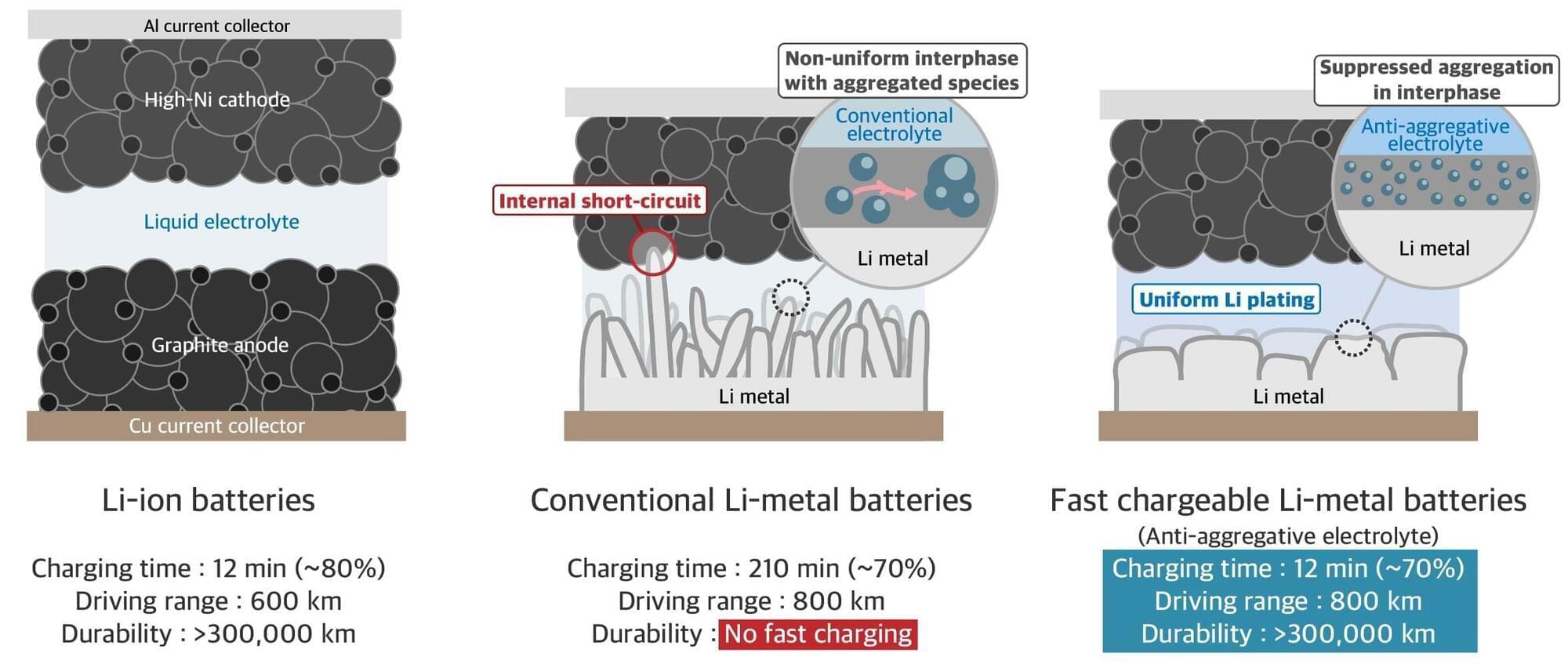
Lithium-metal batteries can charge in 12 minutes for an 800km drive
Korean researchers have ushered in a new era for electric vehicle (EV) battery technology by solving the long-standing dendrite problem in lithium-metal batteries. While conventional lithium-ion batteries are limited to a maximum range of 600 km, the new battery can achieve a range of 800 km on a single charge, a lifespan of over 300,000 km, and a super-fast charging time of just 12 minutes.
A research team from the Frontier Research Laboratory (FRL), a joint project between Professor Hee Tak Kim from the Department of Chemical and Biomolecular Engineering, and LG Energy Solution, has developed a “cohesion-inhibiting new liquid electrolyte” original technology that can dramatically increase the performance of lithium-metal batteries. Their paper is published in Nature Energy.
Lithium-metal batteries replace the graphite anode, a key component of lithium-ion batteries, with lithium metal. However, lithium metal has a technical challenge known as dendrite, which makes it difficult to secure the battery’s lifespan and stability. Dendrites are tree-like lithium crystals that form on the anode surface during battery charging, negatively affecting battery performance and stability.
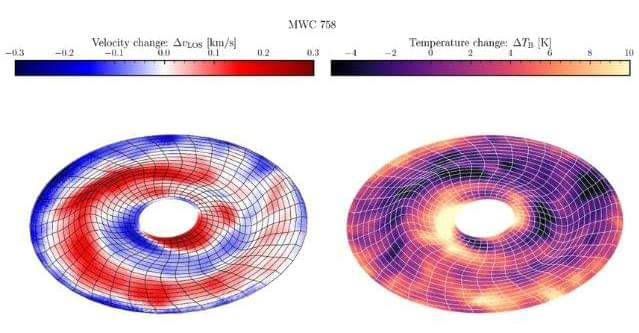

Crescent Petroleum Joins International Energy Forum’s Industry Advisory Council
In an era of heightened geopolitical uncertainty, shifting supply chains, and growing decarbonisation challenges, the Council’s role in fostering transparency, cooperation, and pragmatic transition pathways has never been more vital.
About Crescent Petroleum
Crescent Petroleum is the first and largest private exploration and production company in the Middle East, with over 53 years of experience as an international operator in numerous countries including Egypt, Yemen, Canada, Tunisia, and Argentina, in addition to its continuing operations in the United Arab Emirates and Iraq.

From carbon particles to diamonds: a Japanese innovation breaks the rules
A Japanese research team has rewritten the rules of diamond creation, turning carbon molecules into flawless diamond nanoparticles without the furnace-like heat or crushing pressure usually required. Led by the University of Tokyo, this breakthrough uses an electron beam to unlock what was once thought impossible—and it could change how scientists image and analyze matter forever.
Published on September 4 in the journal Science, this pioneering work could revolutionize material science and open new doors in technology. But beyond the technical marvel lies a profound shift in understanding how organic molecules react under electron beams.
China may soon lead the global race to mine minerals from the ocean floor

Supercapacitor outperforms batteries in power delivery
Engineers in Australia have created a new carbon-based material which allows supercapacitors to store as much energy as traditional lead-acid batteries and deliver charge much faster.
The new graphene materials are now being made in commercial quantities, says Dr Phillip Aitchison, chief technical officer of Monash University spinout Ionic Industries.
“We’re working with energy storage partners to bring this breakthrough to market-led applications – where both high energy and fast power delivery are essential.”
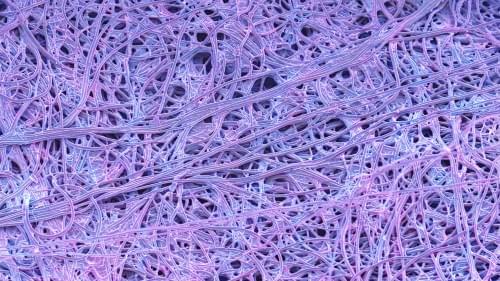
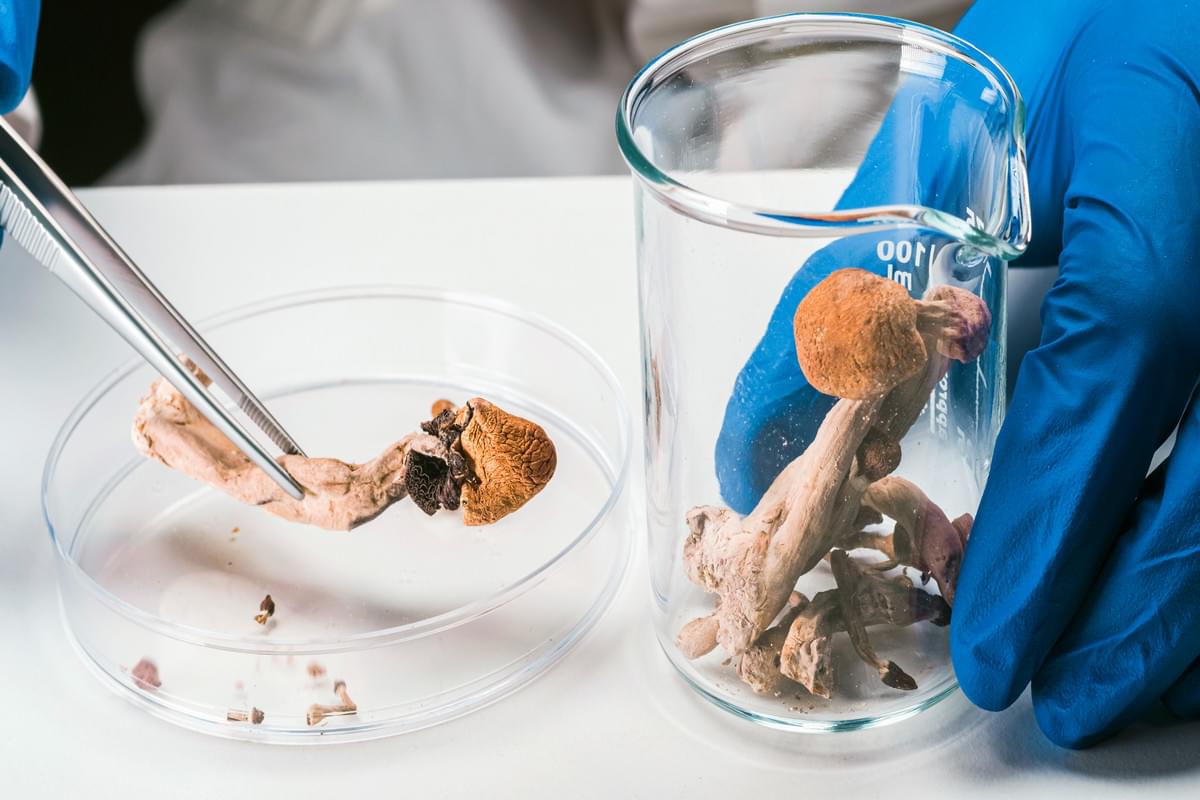
Psilocybin delays aging, extends lifespan, new Emory study suggests
As revenues from the anti-aging market — riddled with hope and thousands of supplements — surged past $500 million last year, Emory University researchers identified a compound that actively delays aging in cells and organisms.
A newly published study in Nature Partner Journals’ Aging demonstrates that psilocin, a byproduct of consuming psilocybin, the active ingredient in psychedelic mushrooms, extended the cellular lifespan of human skin and lung cells by more than 50%.
In parallel, researchers also conducted the first long-term in vivo study evaluating the systemic effects of psilocybin in aged mice of 19 months, or the equivalent of 60–65 human years. Results indicated that the mice that received an initial low dose of psilocybin of 5 mg/kg, followed by a monthly high dose of 15 mg/kg for 10 months, had a 30% increase in survival compared to mice who hadn’t received any. These mice also displayed healthier physical features, such as improved fur quality, fewer white hairs and hair regrowth.
Emory University researchers identified that psilocin, a byproduct of consuming psilocybin, the active ingredient in psychedelic mushrooms, actively delays aging in cells and organisms.
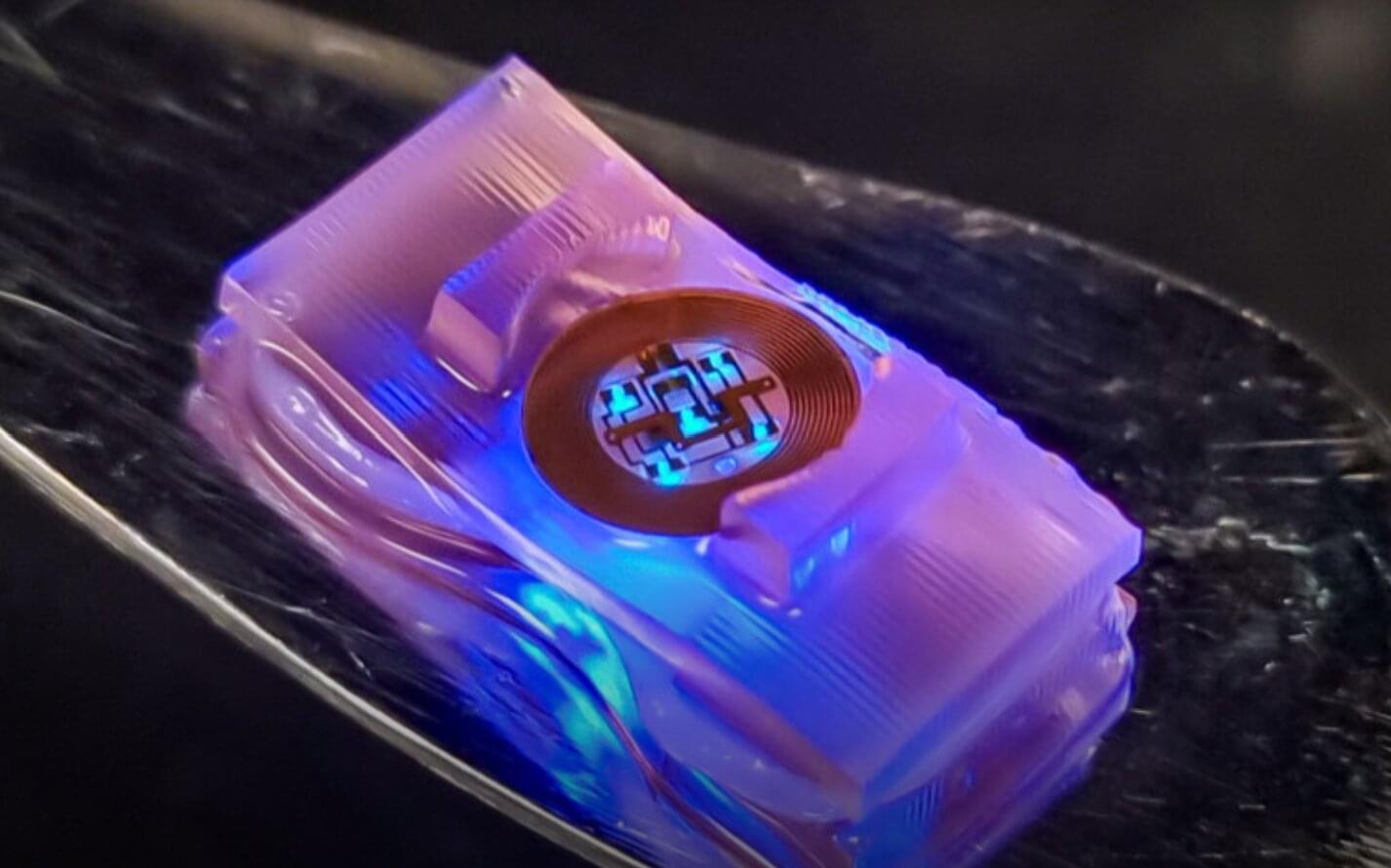
Biohybrid crawlers can be controlled using optogenetic techniques
The body movements performed by humans and other animals are known to be supported by several intricate biological and neural mechanisms. While roboticists have been trying to develop systems that emulate these mechanisms for decades, the processes driving these systems’ motions remain very different.
Researchers at University of Illinois at Urbana-Champaign, Northwestern University and other institutes recently developed new biohybrid robots that combine living cells from mice with 3D printed hydrogel structures with wireless optoelectronics.
These robots, presented in a paper published in Science Robotics, have neuromuscular junctions where the neurons can be controlled using optogenetic techniques, emulating the neural mechanisms that support human movements.